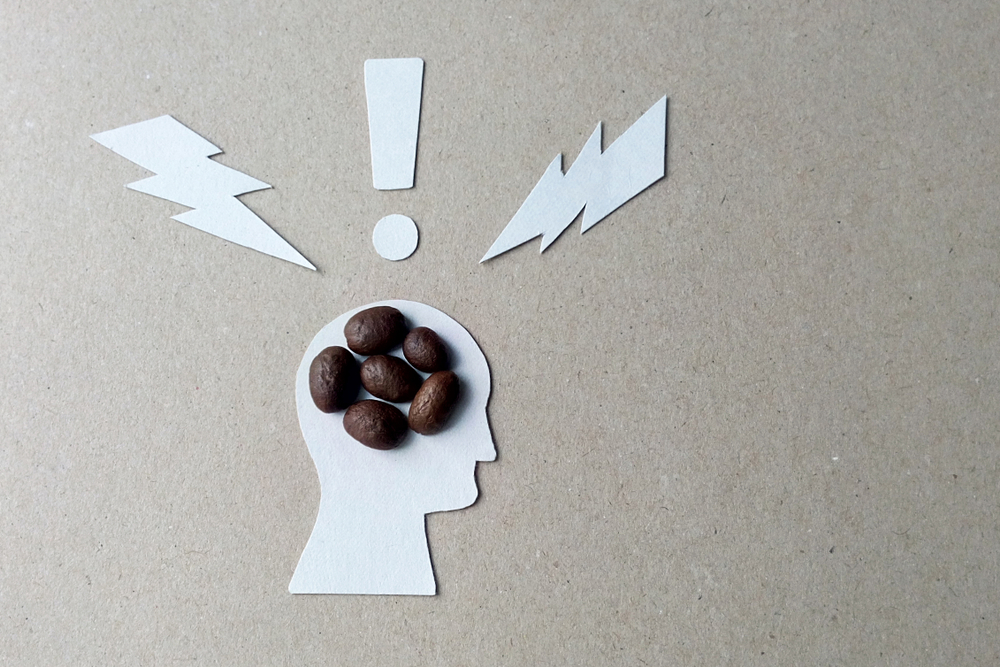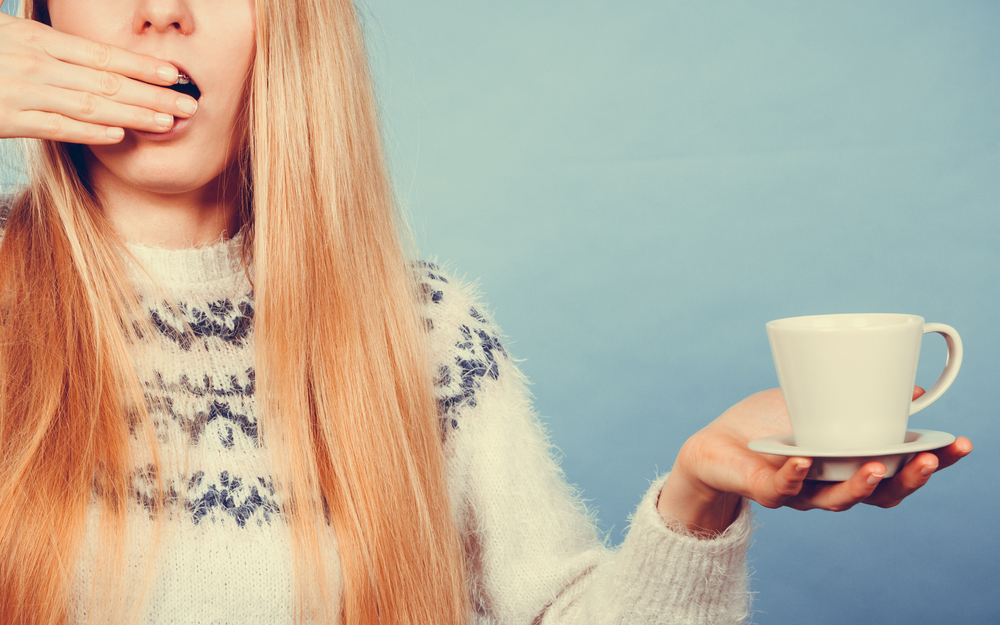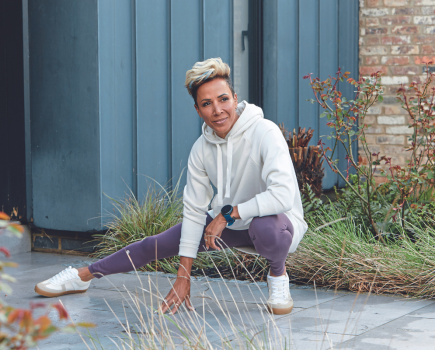How to cut down on coffee and improve your energy levels the natural way, without caffeine
For many of us, caffeine and energy go hand in hand, whether it’s the instant coffee you drink to wake you up first thing, or the strong tea to get you through a mid-afternoon slump. But the nation’s favourite stimulant can be a double-edged sword, contributing to insomnia and anxiety symptoms for those who are sensitive to it, or have too much of it.
‘Caffeine blocks the release of a neurotransmitter called GABA,’ says nutritionist Jenna Hope. ‘GABA is responsible for making you feel calm and relaxed. This is the reason why some people feel extremely jittery when they consume caffeine.’
The chemical offers a short-term boost, but often with a significant ‘downer’ effect. ‘It blocks a neurotransmitter called adenosine, which is released throughout the day and is responsible for making you feel sleepy,’ says Jenna. ‘However, it doesn’t stop your body producing adenosine, so when the caffeine wears off, the adenosine is released in greater capacity, leaving you even sleepier. In addition, caffeine stimulates the release of the stress hormone cortisol, which when worn off may leave you feeling worn out.’
Thankfully, caffeine isn’t the only way to up your energy. There are natural solutions to give you a boost in a sustained and jitter-free way.
Drink more water to improve energy
Many of us are guilty of brewing a pot of coffee – which is actually dehydrating – when what we need is a simple glass of water. ‘A mere one to two per cent dehydration can significantly impair your body’s ability to carry out its everyday physiological functions,’ says Jenna. ‘It can leave you feeling tired, sleepy and dizzy.’
Try this: As well as drinking your recommended 6-8 glasses of water per day – which includes herbal teas or sugar-free juices – eat water-containing foods, too. The Association of UK Dietitians (BDA) recommends eating melon and celery, in addition to liquid-based meals such as soups and stews.
Why do I need magnesium?
We all know the importance of getting enough sleep for sustained energy levels. Magnesium has a proven ability to regulate your circadian rhythm (your body clock), improving not only your sleep duration and quality but also helping you to feel rested the morning after.
‘Magnesium is required in more than 300 processes in your body,’ says Jenna. ‘When you’re lacking in magnesium your body is unable to work effectively, which may leave you feeling low and tired.’
It’s also worth remembering that drinking caffeine actively depletes your magnesium levels as a result of the diuretic effect it has on your body, so make sure you counteract this by staying topped up with the mineral.
Try this: ‘Dark chocolate, green leafy vegetables and nuts – almonds in particular – are great sources of magnesium,’ says Jenna. You can also take magnesium transdermally, by spraying it on to your skin, or through an Epsom salt bath.
- How to cut down on sugar
What are adaptogens and can they give me more energy?
‘Adaptogens are natural herbs that help regulate the release of hormones in the brain and adrenal glands to reduce stress, improve mental wellbeing and restore energy,’ says Jenna. ‘In particular, adaptogens such as maca, ginseng and cordyceps are known for regulating energy levels.’ In a study of cancer patients, taking ginseng supplements was found to improve fatigue symptoms and increase vitality, as reported by the Mayo clinic. Maca also proved to have an anti-fatigue effect during physical activity according to a 2017 study from Jiangnan University researchers in China.
Try this: Maca powder has a subtle malt flavour which can be enjoyed blended into juices or smoothies, sprinkled over porridge or added to energy balls. Ginseng root, meanwhile, has a bitter-spicy taste. It can be sliced up and steeped in hot water to make a tea, taken as a powder in smoothies, or in supplement form.
Boost your energy with B vitamins
B vitamins are a water-soluble group of vitamins, and four of them in particular are key to your energy levels: thiamin, riboflavin, niacin and B6. ‘B vitamins play an essential role in metabolism,’ says Jenna. ‘They help to break food down into its individual components which can be used for energy.’
Try this: Make sure you are getting enough B vitamins. Pork, trout and rice are all good sources of thiamin, while riboflavin is found in high levels in eggs, green vegetables, almonds and mushrooms. Niacin is found in rice, poultry, tuna and peanuts. Finally, B6 is most readily available in chickpeas, beef liver and oily fish, such as tuna and salmon. However, if you suspect you are deficient in B vitamins, taking a daily multivitamin will help you cover all the bases. (If you find your pee looks a little neon after taking tablets, this is your body saying it’s got enough riboflavin so it’s getting rid of the excess!)
Are natural sugars healthy?
Marathon runners eat natural sugars – also known as fast-release carbs – as they’re the easiest way to get energy into your system for a short-term boost before exercise. They also work for other exertions such as gardening or household chores. ‘Natural sugars in the form of fresh and dried fruits are released quite quickly into your bloodstream, giving a burst of energy,’ says Jenna. However, she warns that moderation is necessary. ‘Whilst fruits are a good source of natural energy they do still contain sugar, and dried fruit should not be consumed in excess.’ A snack box of raisins contains 10g of fructose and the Association of UK Dietitians (BDA) recommends no more than 30g of free sugars per day.
Try this: Bananas, nuts and oatcakes are great sources of fast-release carbs to eat before and during exercise.
- Read more about how adaptogens can naturally balance hormones
- Do you need to take Omega-3 supplements?









